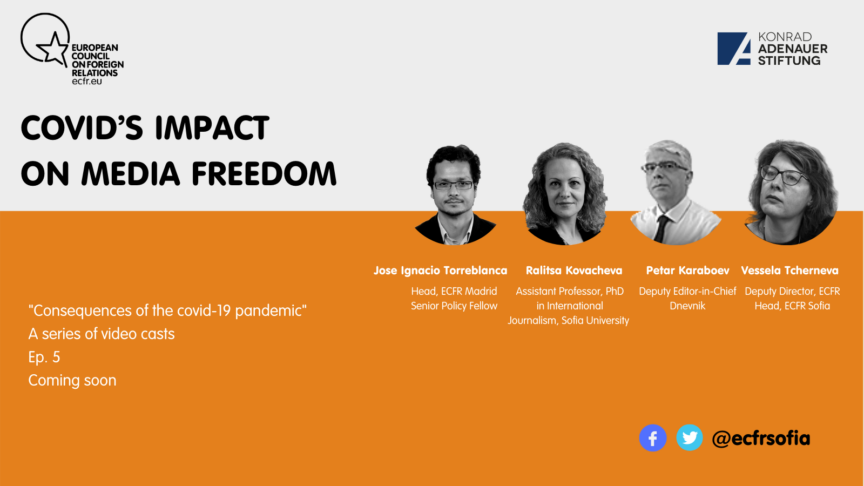Десетилетието на пожарникарите
Firemen, realists and idealists: this century’s global leaders. A piece in Bulgarian

Deputy Director
EU foreign policy; Western Balkans and Black Sea regions; transatlantic relations; regional studies; energy
Bulgarian, English, German, Russian
Vessela Tcherneva is deputy director of the European Council on Foreign Relations. Her topics of focus include EU foreign policy and the Western Balkans and Black Sea region.
Between January and July 2022, she held the position of Foreign Policy Advisor to the Bulgarian Prime Minister Kiril Petkov. From 2010 to 2013, she was the spokesperson for the Bulgarian Ministry of Foreign Affairs and a member of Foreign Minister Nickolay Mladenov’s political cabinet. Previously, she was secretary of the International Commission on the Balkans, chaired by former Italian Prime Minister Giuliano Amato and former German President Richard von Weizsäcker; supervising editor of the Foreign Policy Bulgaria magazine; and political officer at the Bulgarian Embassy in Washington, DC. Tcherneva holds an MA in Political Science from the Rhienische Friedrich-Wilhelm Universität in Bonn.
Firemen, realists and idealists: this century’s global leaders. A piece in Bulgarian
When it comes to Russia, central Europeans are rightly concerned about Obama’s ‘reset’ policy, but for the wrong reasons
Закъснял с десет години, Лисабонският договор изглежда, че най-после ще види бял свят…
Bulgarians go to polls on Sunday. Instead of enhancing the fledgling democracy, the elections have increased feelings of uncertainty concerning Bulgaria?s democratic future
Bulgaria seems to have learned a lesson from January?s gas crisis ? Europeanise its energy resources. Vessela Tcherneva gives a first hand account of the Sofia Energy Conference
The decision to hold a recount in Moldova’s disputed election offers the European Union an opportunity to rediscover its democratic agency, says Vessela Tcherneva
Today there is a new division in Europe – a solidarity gap. How will the EU bridge this perception, asks Vessela Tcherneva
Bulgaria was one of the countries worst affected by the gas dispute between Russia and Ukraine. What lessons are there for Bulgaria to learn?
When Barack Obama enters the White House as president in January 2009, what will change for the Balkans?
Like Greece and Macedonia itself, the EU is too willing to accept Macedonia?s state of limbo
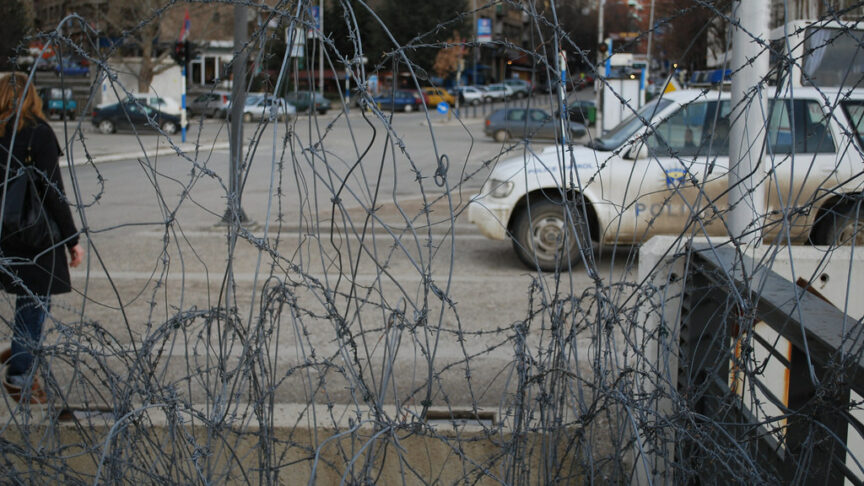
The solution to the dispute between Kosovo and Serbia should be to create a societal consensus on both sides of the border
Europe must improve its early warning systems, supply chain resilience, medical R&D, and cyber security and technology, to act decisively in future emergencies
A new survey shows that, after the onset of the covid-19 crisis, there has been a rise in public support for unified EU action to tackle global threats
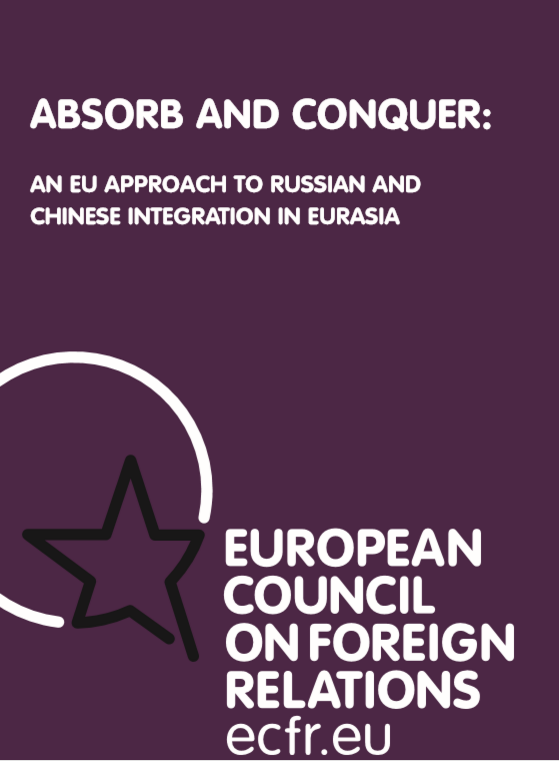
Europe shouldn’t be afraid of Russian and Chinese efforts to integrate the Eurasian landmass, but should absorb them into its international order
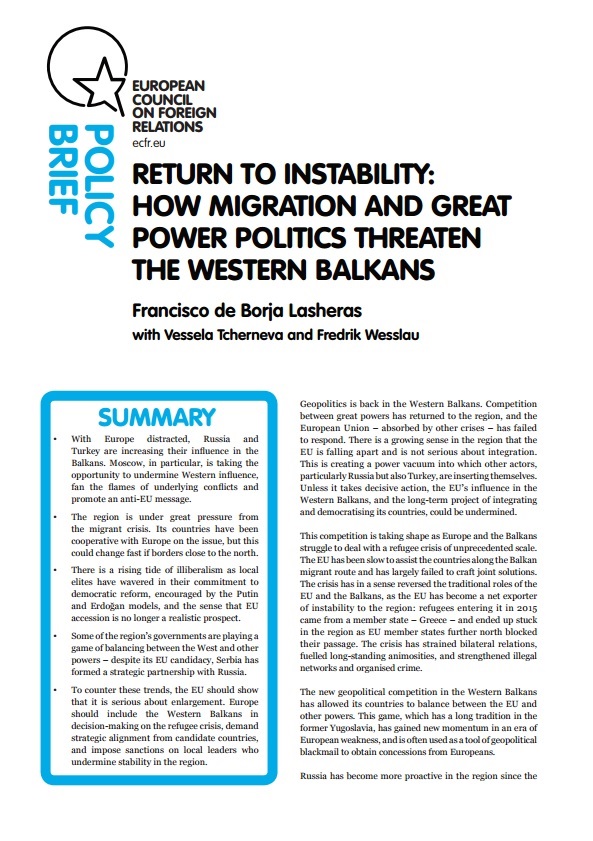
EU’s weakness is prompting a new scramble for power for the Balkans with Russia, Turkey and other actors
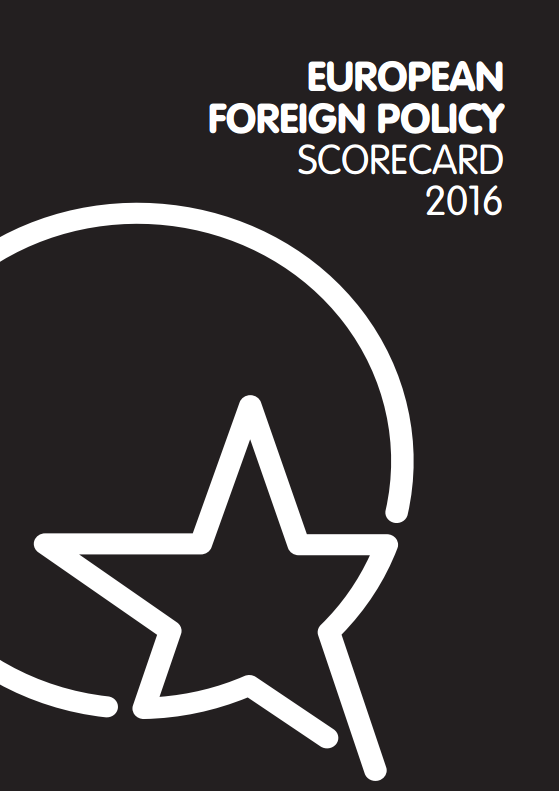
The sixth ECFR Foreign Policy Scorecard highlights the EU’s diminishing ability to influence its neighbours, and the neighbourhood’s growing impact on the EU
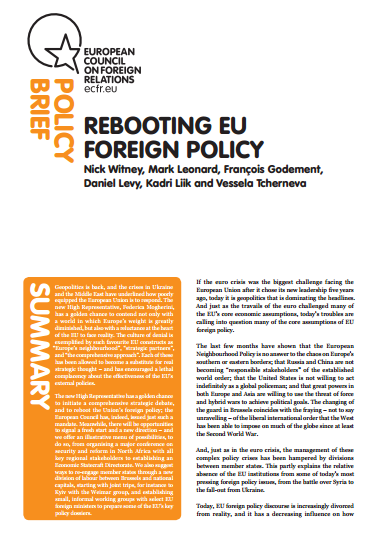
The EU is ill-equipped to respond to foreign policy crises
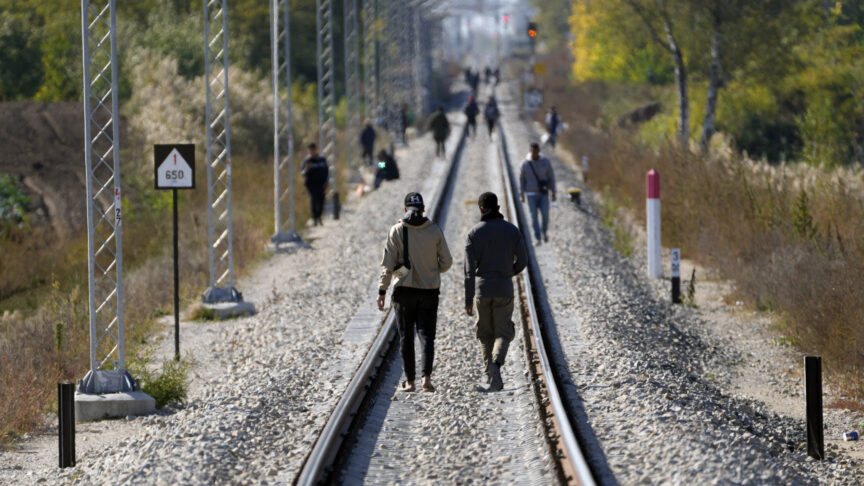
To tackle the political and economic challenges posed by shrinking populations, Balkan governments need to approach immigration as an opportunity, rethinking their policies and political messaging
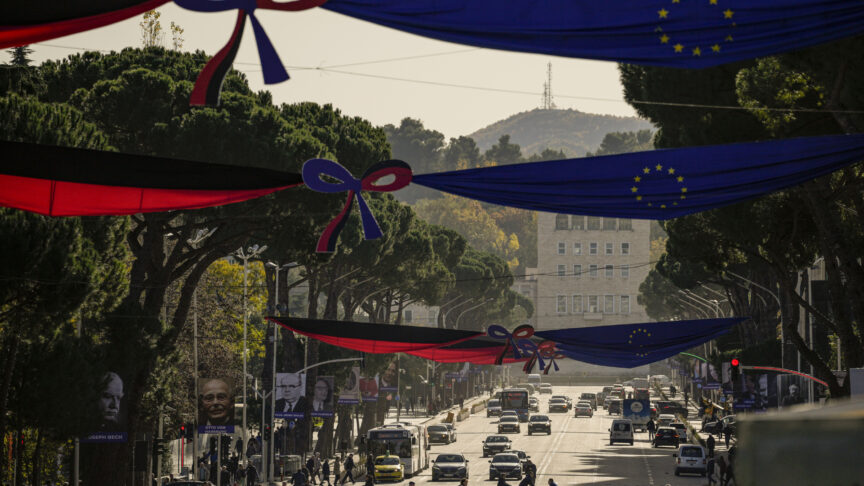
With Russia’s war on Ukraine raging on its eastern border, EU enlargement in the Western Balkans has a new geopolitical urgency. The EU must commit to supporting their accession – and a fixed date like 2030 alongside a staged approach will add credibility to this commitment
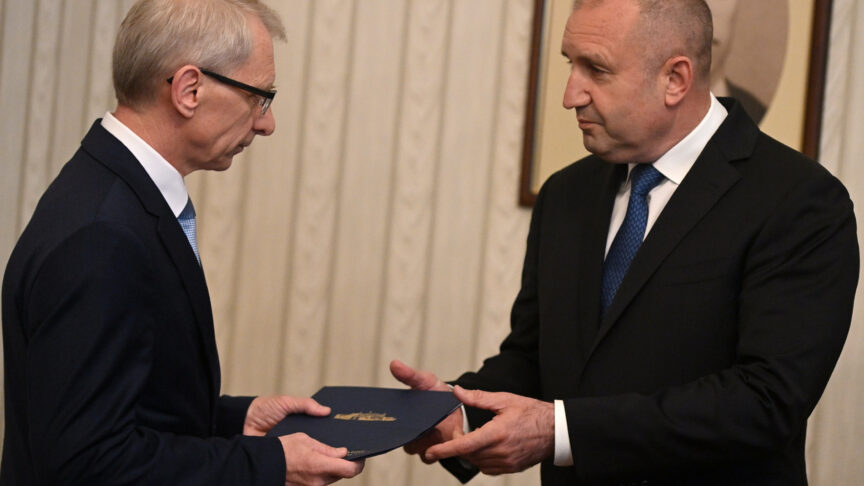
After a year of interim governments, Bulgaria’s new administration has halted Bulgaria’s march to illiberalism and provided some hope for the region
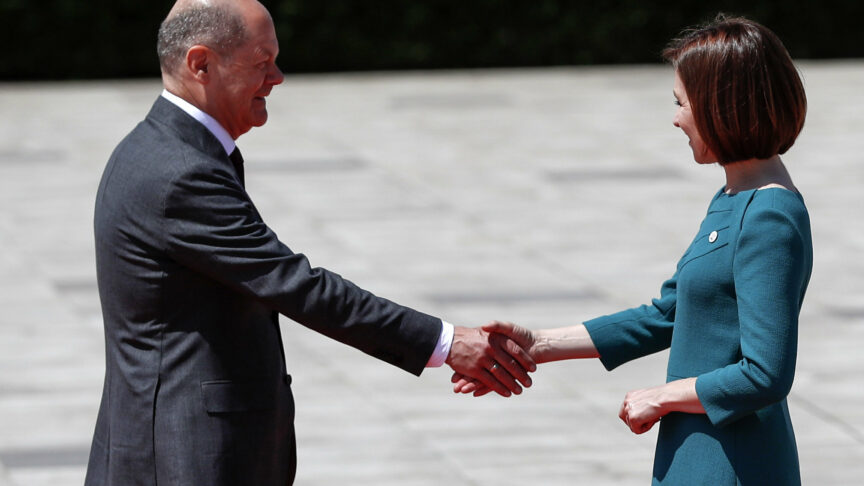
As Europe’s leaders meet in Moldova, the potential of the European Political Community to contribute to security and foster connection across the continent is becoming ever clearer
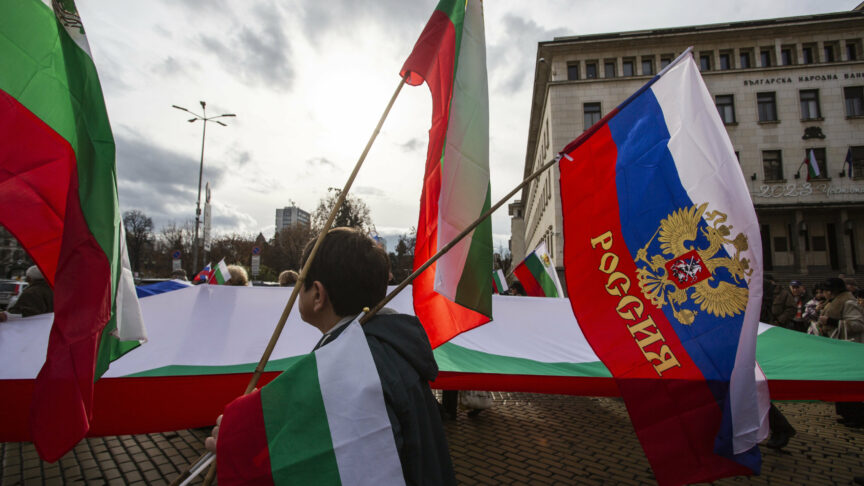
Newly released investigations have shed light on how corruption and the weak rule of law in Bulgaria enable Russian influence to thrive
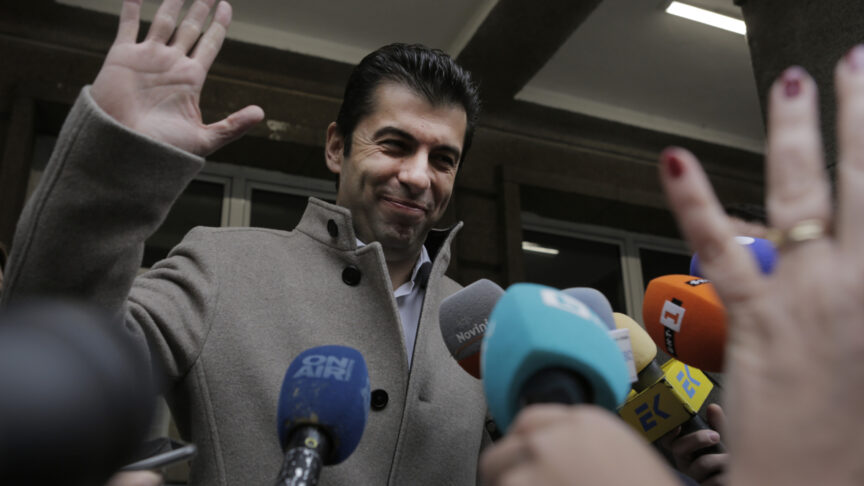
It has taken three general elections for change to come in Bulgaria – but this week’s parliamentary vote gives cause to hope for genuine action on corruption
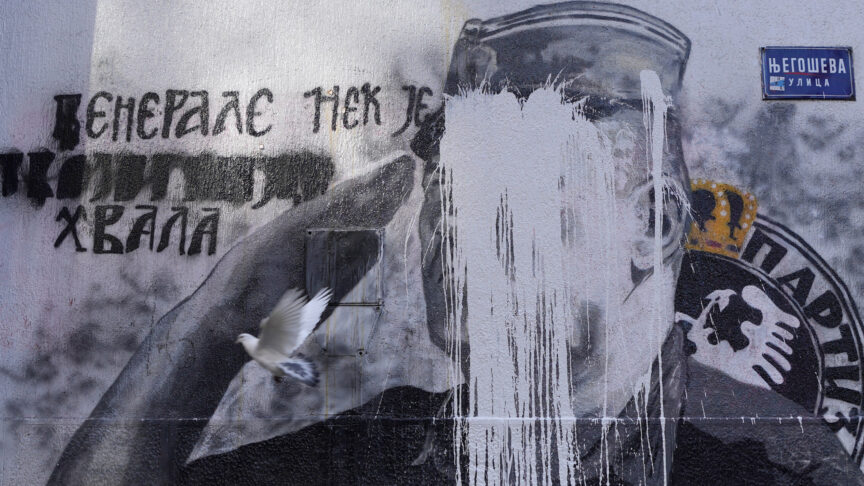
The EU currently lacks tools to make a real difference to stability in the Western Balkans. But it can create these tools if it musters the political will
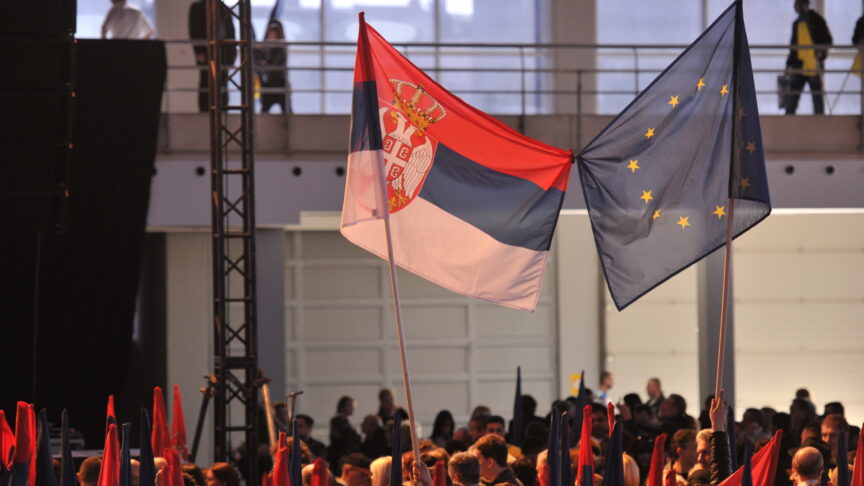
Public attitudes in Ukraine and Serbia raise pressing questions about EU enlargement. If member states are to sustain this process, they will need to base it on a shared sense of belonging
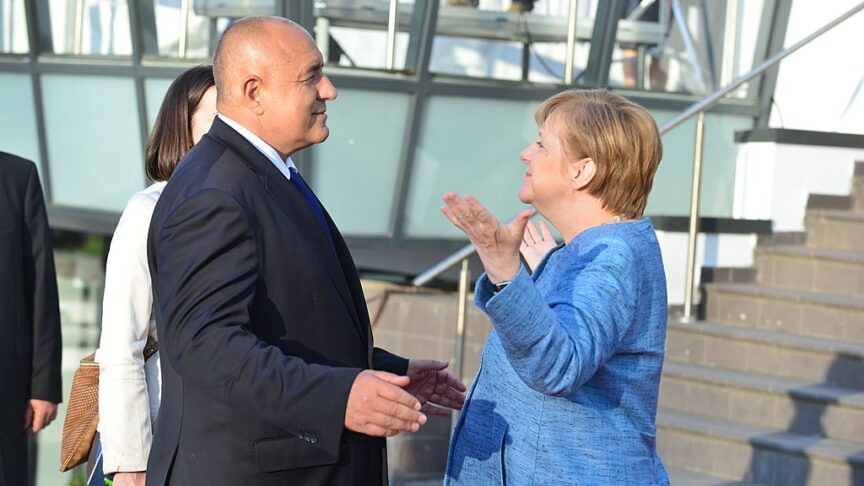
In an environment in which European and American interests are not always the same, it is short-sighted and dangerous for Bulgarian leaders to question their country’s geopolitical alignment
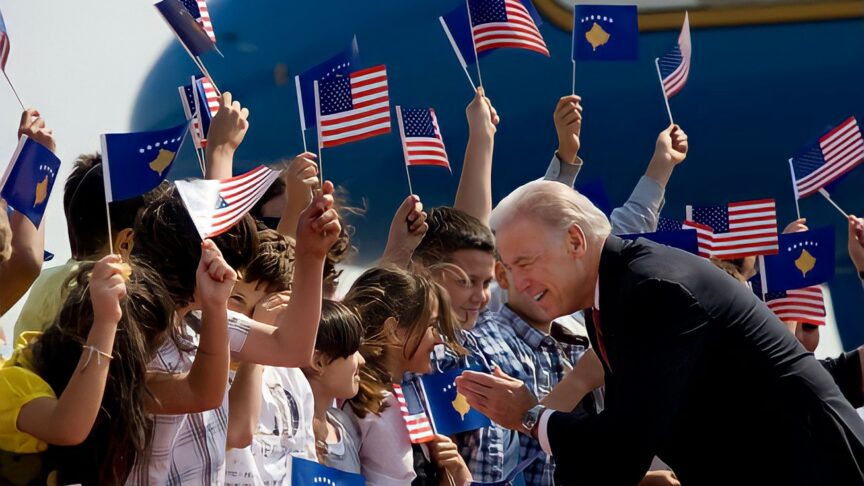
Joe Biden has a longstanding relationship with the Western Balkans. A re-energised US policy on the region could be transformative, especially when working in tandem with the EU
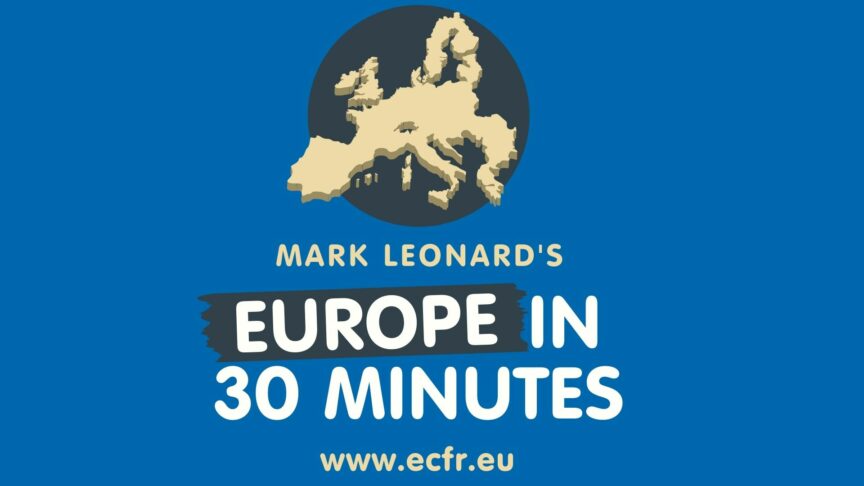
Vessela Tcherneva welcomes Camille Grand, Camille Lons, Marta Prochwicz Jazowska, and Jana Puglierin to discuss the 75th NATO summit, and how Europe can defend itself with less America

In this new episode, Vessela Tcherneva welcomes head of ECFR offices to discuss national implications of the EU elections
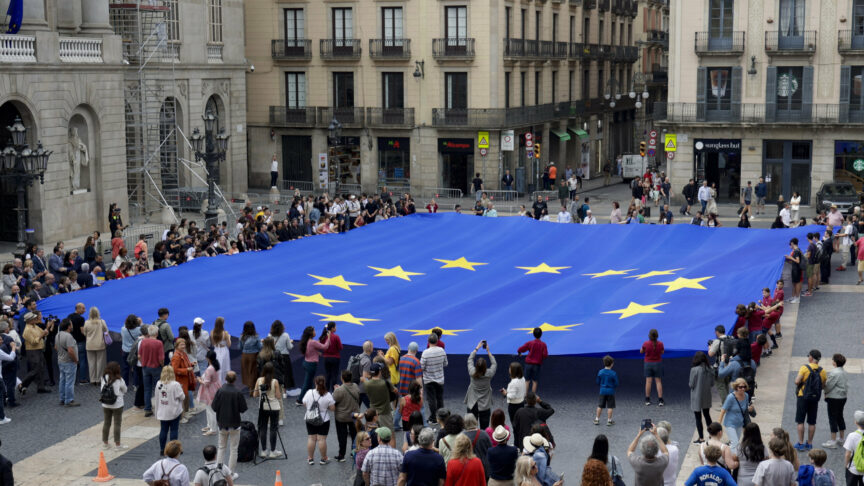
Mark Leonard welcomes the heads of ECFR’s national offices to discuss key players outside the traditional halls of European power

What will be the impact of the EU and US measures against Belarus? And what should be next steps also ahead of the EU-US summit on 15 June?
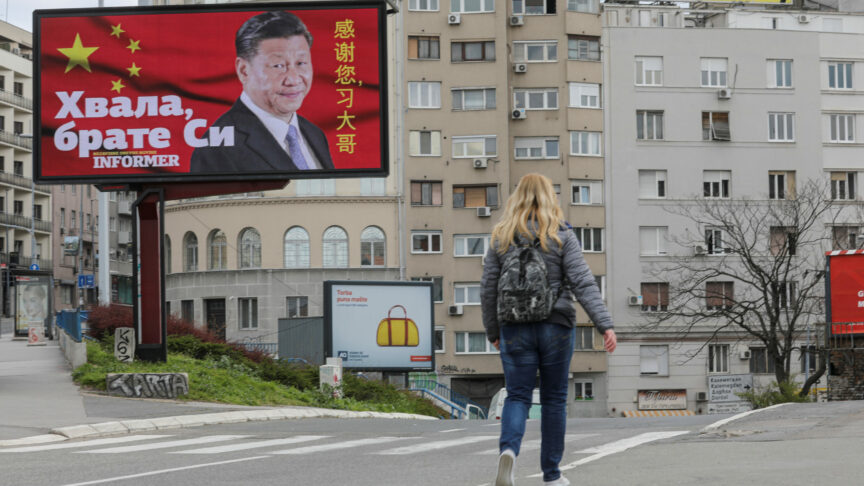
How much influence does China already have in the Western Balkans and how should European policymakers react?
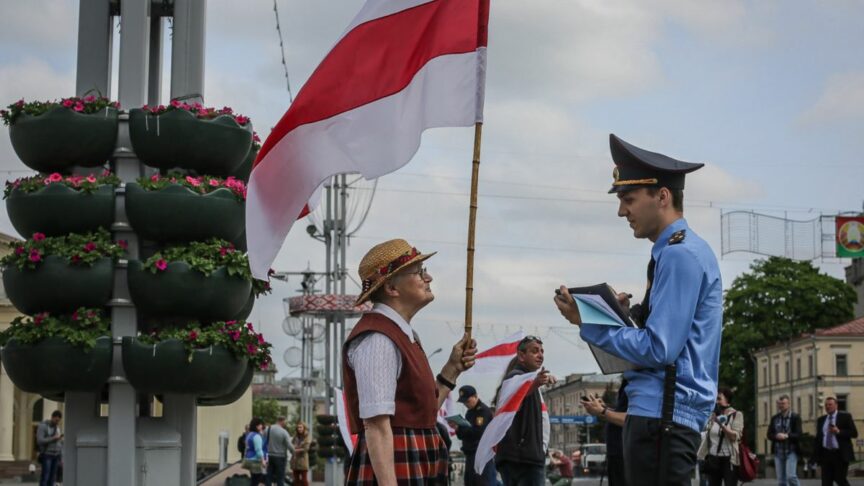
What kind of implications do the developments in Belarus have for the wider neighbourhood and Europe?
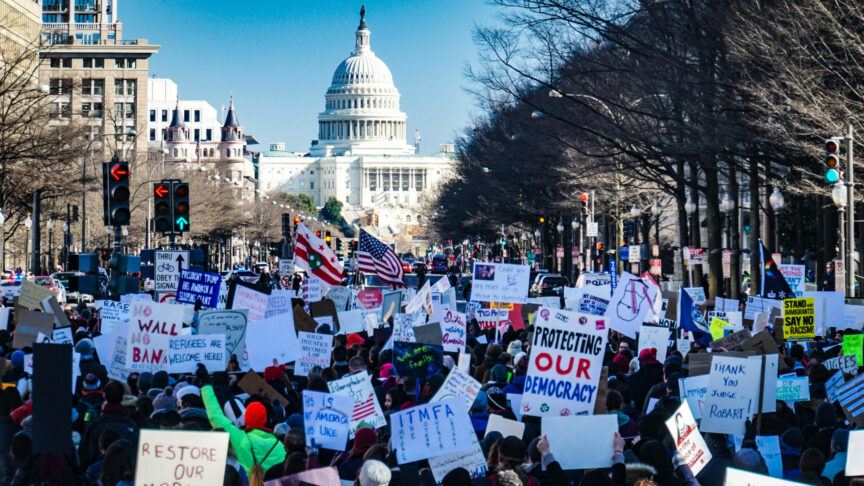
How will and can Europeans react in the event of a post-election chaos in the US? The election day is fast approaching yet the outcome still…
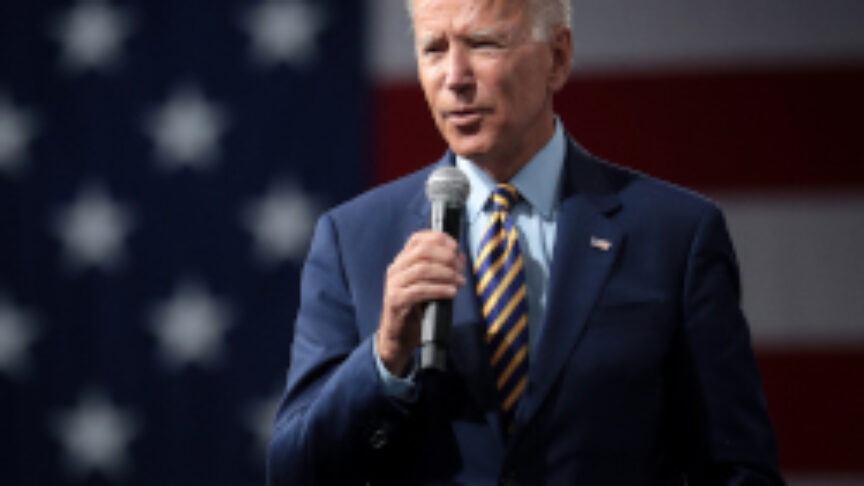
After last week’s discussion with Matt Duss and Jeremy Shapiro, Mark Leonard follows up by gathering the European views on a possible Biden win and…
Host Mark Leonard has an intimate discussion with our heads of offices from Sofia and Warsaw, Vessela Tcherneva and Piotr Buras about their experiences, hopes…
North Macedonia and Albania wanted to start negotiations with the EU after having been candidate countries since 2005 and 2014. But the enlargement plans seemed…
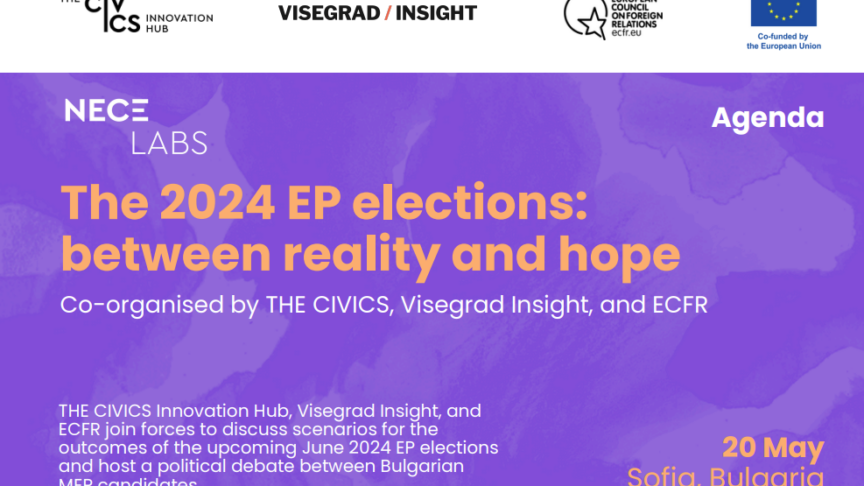
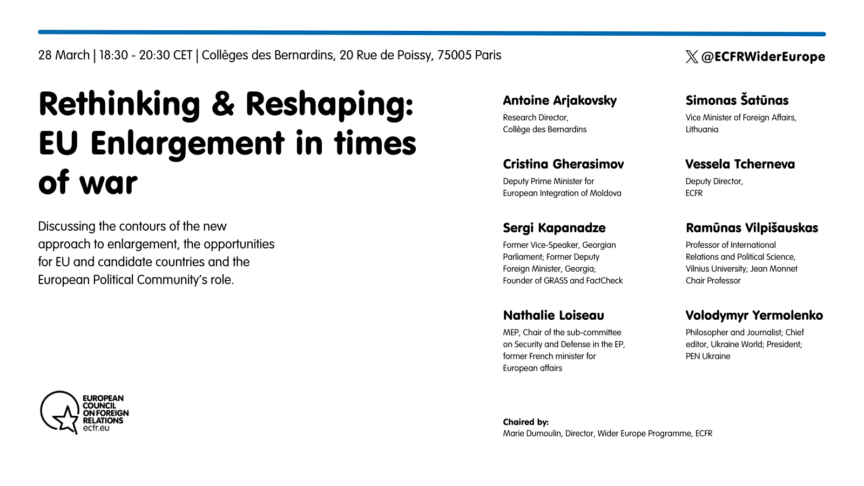
Russia’s war against Ukraine has prompted European policymakers to rethink their approach to enlargement. What form does this new approach take, what are the opportunities for EU and candidate countries, and what is the European Political Community’s role?
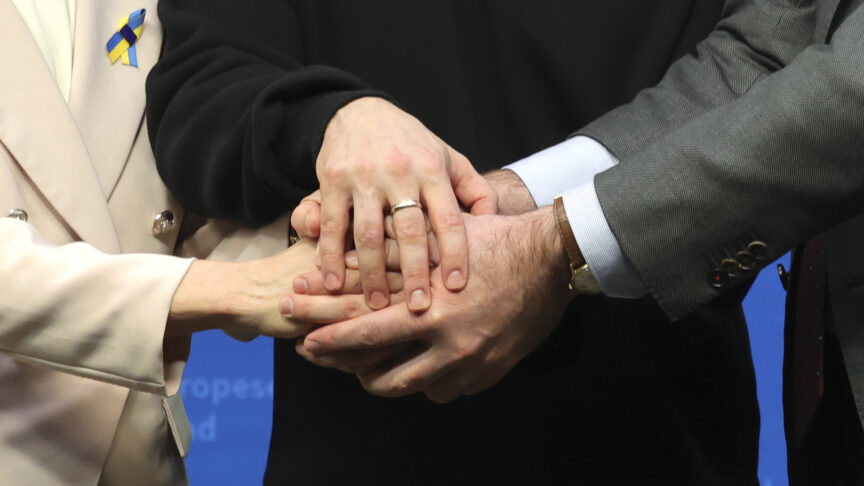
Nell’attuale contesto internazionale, le relazioni dell’Europa con le potenze globali stanno cambiando rapidamente, e la loro evoluzione rappresenta un elemento di analisi ineludibile nel delineare la strategia di politica estera dell’UE
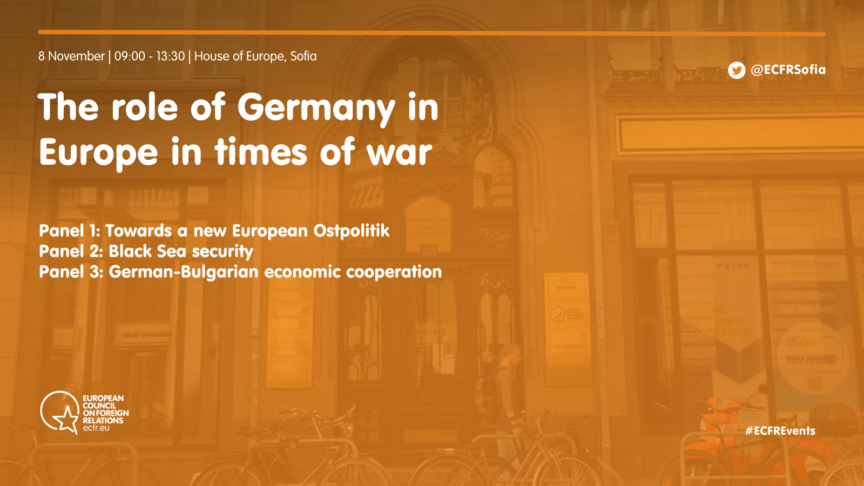
We will discuss Germany’s role in Europe and will reflect on how the new European order is viewed in Berlin

After more than eleven years of the EU facilitated dialogue between Belgrade and Pristina, this process could be described as “one step forward, two steps back”. The seriousness of challenges that constantly emerge in relations between Kosovo and Serbia shows that despite the goodwill and dedication of the Western stakeholders, domestic democratic capacities, nationalistic politics, geopolitics, and third players hinder the possibility of reaching a comprehensive solution
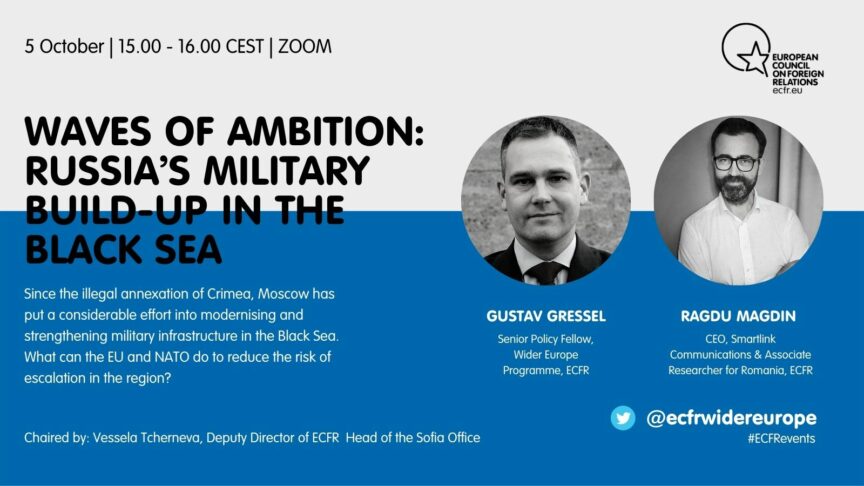
What can the EU and NATO do to reduce the risk of escalation in the region?
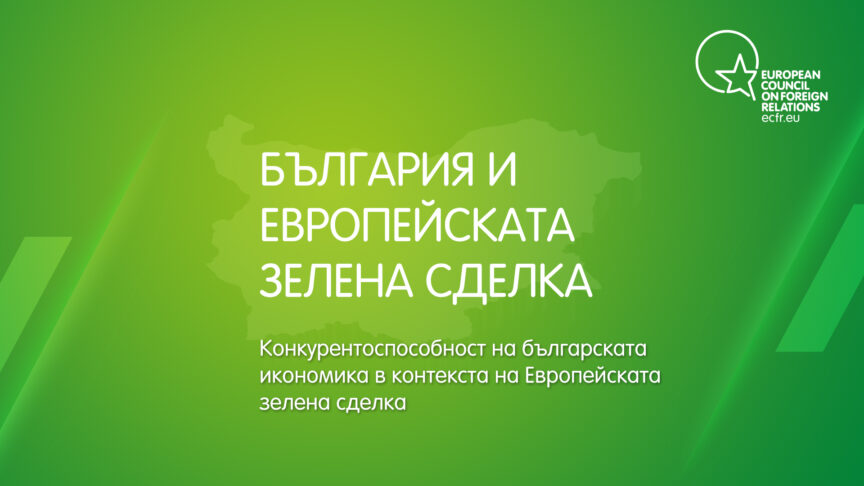
This event will be in Bulgarian but simultaneous translation into English will be provided
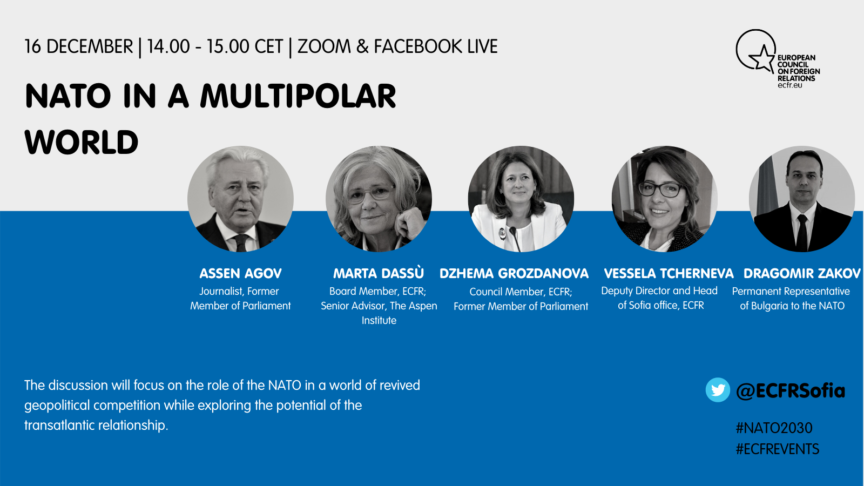
The European Council on Foreign Relations is delighted to invite you to a discussion on the role of the NATO in a world of revived geopolitical competition with a focus on the potential of the transatlantic alliance
